Regal Springs partners with Ace Aquatec
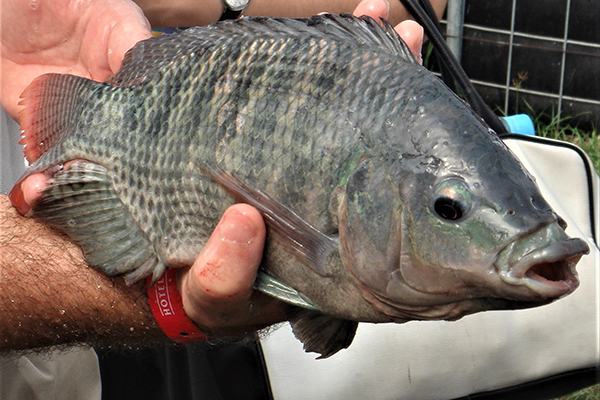
One of the world’s largest farmed tilapia producers, Regal Springs, is collaborating with technology specialists Ace Aquatec to introduce in-water controlled stunning at its main processing facilities to improve fish welfare.
The Switzerland-based company said its humane treatment initiative, which began two years ago and involved successful trials in Mexico, is in response to growing consumer demand for ethical sourcing strategies in food supply chains.
“This is a huge step forward from thermal stunning to a more humane and controlled stunning process, and with this towards better fish welfare,” said Emily McGregor, Regal Springs’ sustainability manager. “As a side effect process and quality parameters improved: reduced bruising, better quality of the fillets, better working conditions for staff. This supported Regal Springs’ decision to move from pilot trials to immediate uptake of the equipment and proliferation across their business.”
Scotland-based Ace Aquatec received £1 million in funding from the Humane Slaughter Association to provide pilot stunning equipment to fish farms that had no humane harvesting in place. Ace Aquatec and Regal Springs collaborated with the Nautilus Collaboration and The Center for Responsible Seafood. Ace Aquatec’s Humane Stunner Universal System allowed for these major advancements, the companies stated in a joint release.
“Regal Springs presented us with a unique challenge to create a bespoke product for them in the rural depths of Mexico. Together we created a stunning system that puts fish welfare at the forefront of their operations. This represents the beginning of a general acceleration across fish farming, and the wild sector linking welfare at harvest with economic value,” said Ace Aquatec CEO Nathan Pyne-Carter. “We are now working with barramundi farms in Australia, prawn farms in Europe and the trout sector in Canada as consumers and regulators insist upon more humane farming processes. We’ve been able to demonstrate that when farms take a welfare-first approach, they can see real economic gains in their business. This is critical if the mission to see all fish humanely harvested worldwide is to be achieved.”
Follow the Advocate on Twitter @GSA_Advocate
Now that you've reached the end of the article ...
… please consider supporting GSA’s mission to advance responsible seafood practices through education, advocacy and third-party assurances. The Advocate aims to document the evolution of responsible seafood practices and share the expansive knowledge of our vast network of contributors.
By becoming a Global Seafood Alliance member, you’re ensuring that all of the pre-competitive work we do through member benefits, resources and events can continue. Individual membership costs just $50 a year.
Not a GSA member? Join us.
Author
-
Responsible Seafood Advocate
[103,114,111,46,100,111,111,102,97,101,115,108,97,98,111,108,103,64,114,111,116,105,100,101]
Tagged With
Related Posts
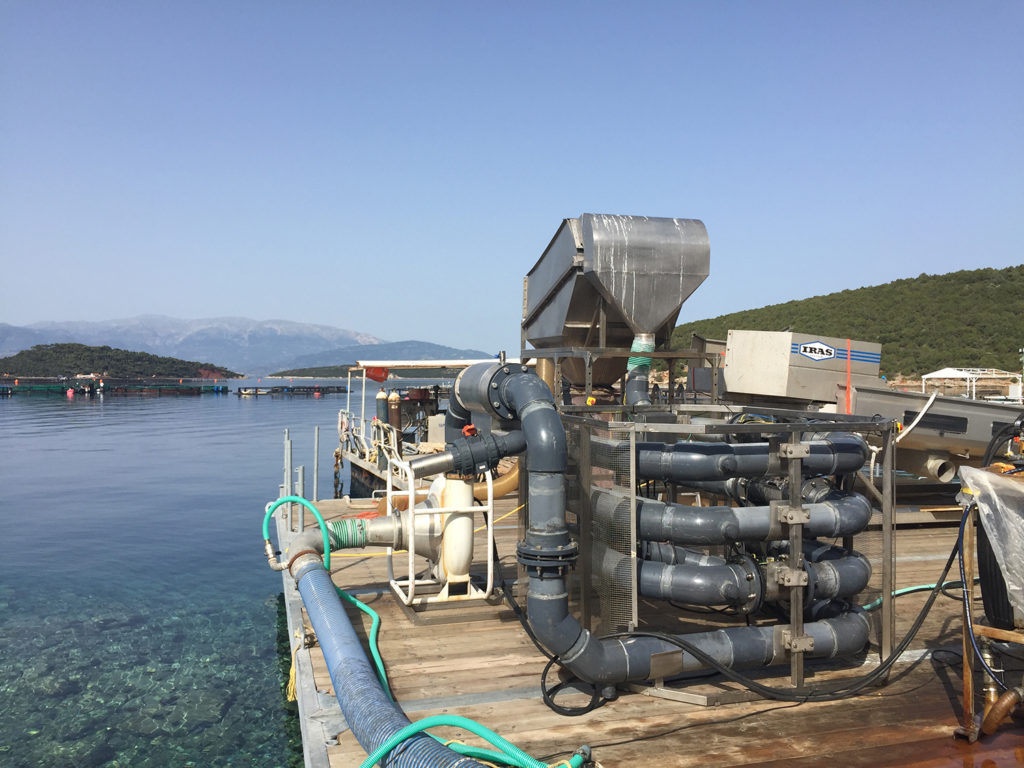
Innovation & Investment
Global Aquaculture Innovation Award 2019 finalist: Ace Aquatec
Global Aquaculture Innovation Award finalist Ace Aquatec’s Humane Stunner Universal easily renders fish unconscious for a more humane slaughter process.
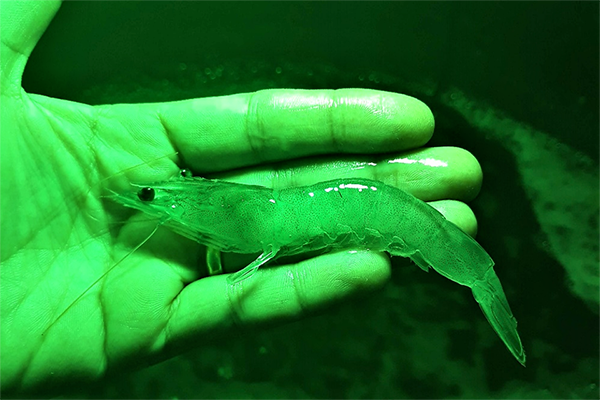
Health & Welfare
Colored LED lights can influence shrimp growth, water quality in biofloc culture
Pacific white shrimp reared with green and red lights grew much larger but showed little differences for survival, feed conversion or productivity.
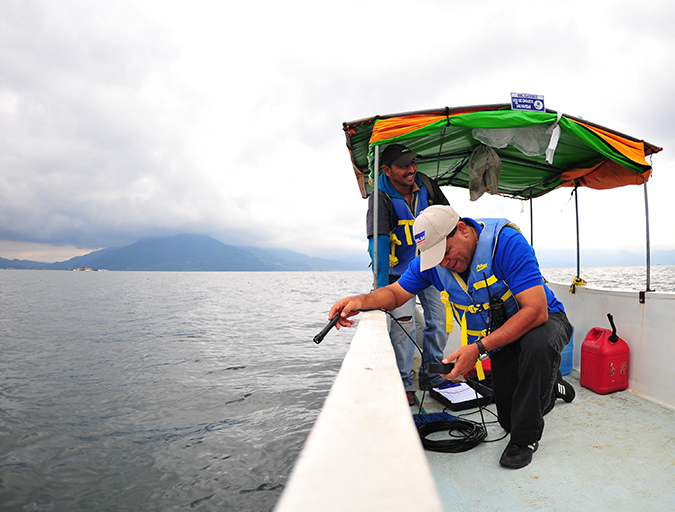
Responsibility
Fairness, stability in ensuring human rights in seafood
In the last of our three-part series on advancing human rights solutions in seafood, Magdalena Lamprecht-Wallhoff shares how social investment is key to the culture and success at Regal Springs Tilapia, the world’s largest farmed tilapia producer.
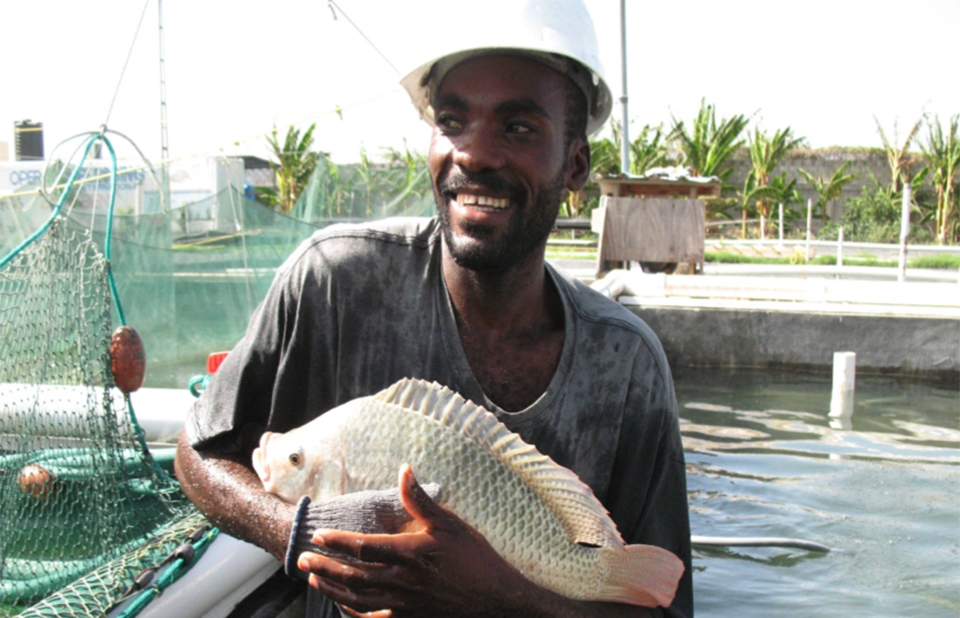
Responsibility
Haiti’s hatchery of hope
Built on a dream of feeding some of the world’s poorest and most vulnerable people, a charity-built tilapia hatchery in Haiti now learns to stand on its own.



